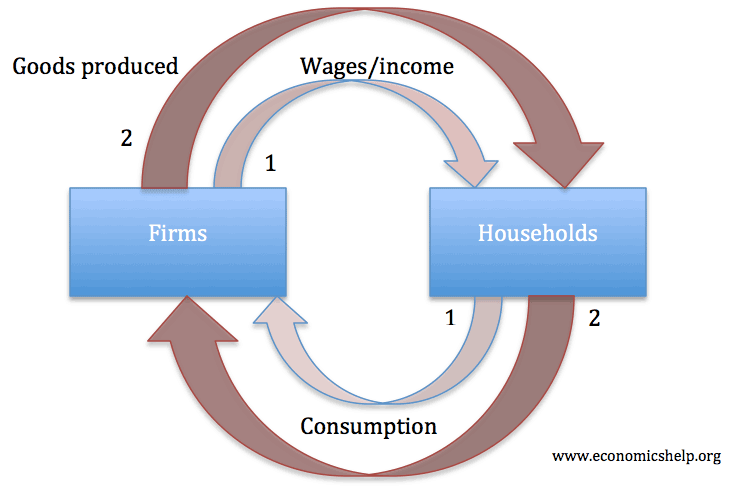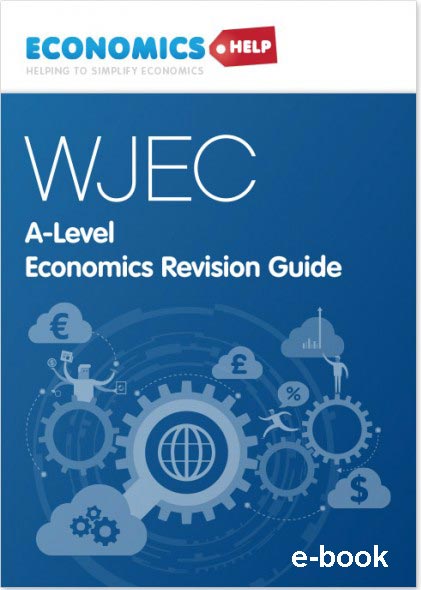Irresponsible tax cuts
The current US administration is proposing tax cuts which ‘The Committee for a Responsible Federal Budget’, estimates it will include $5.8 trillion of total tax cuts over the decade and a net cost of $2.2 trillion through 2027. The problem with these tax cuts It is unclear how these tax cuts will be financed. An …


